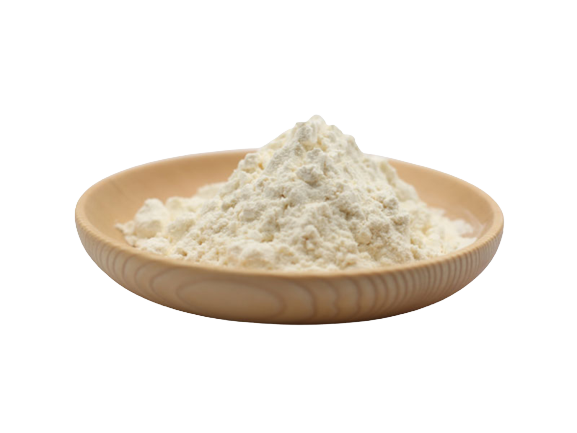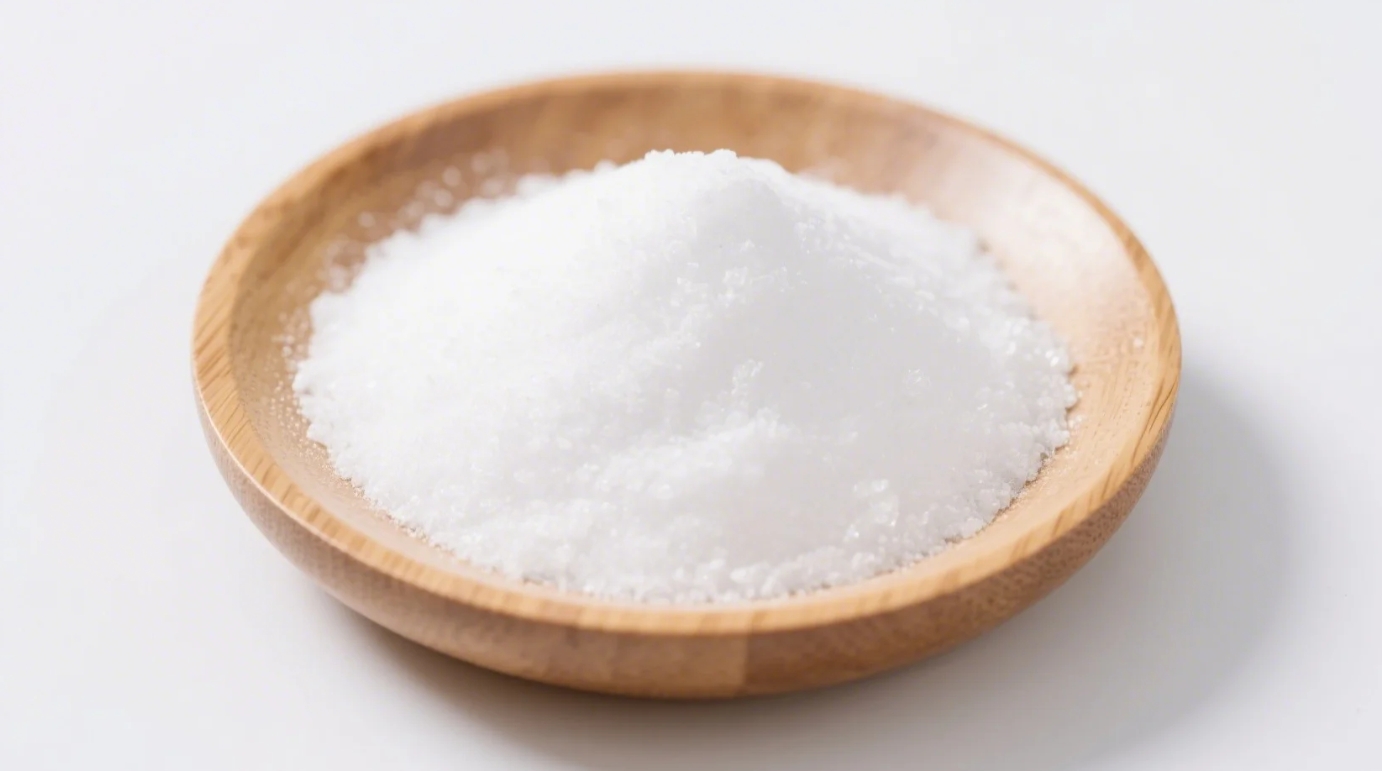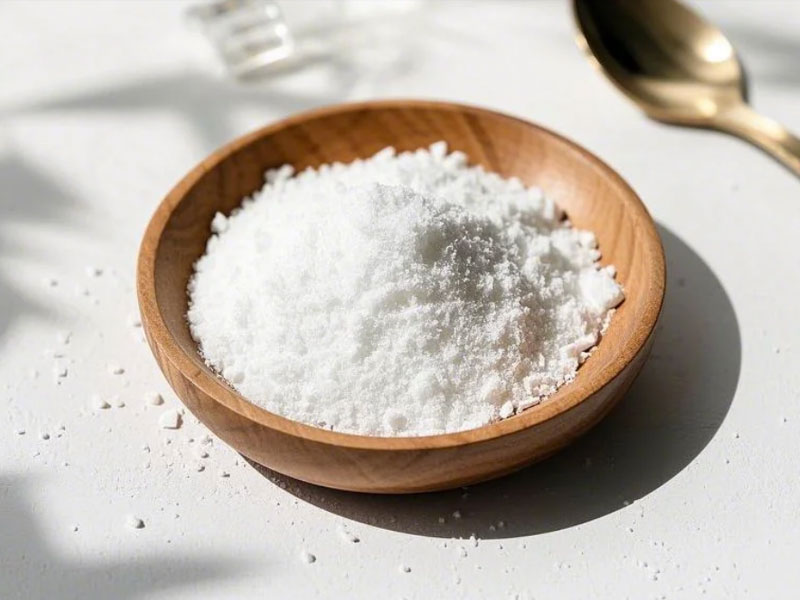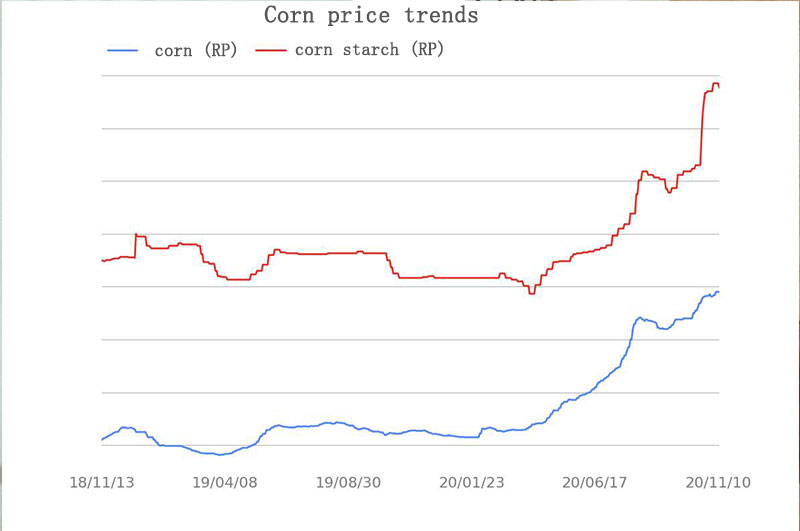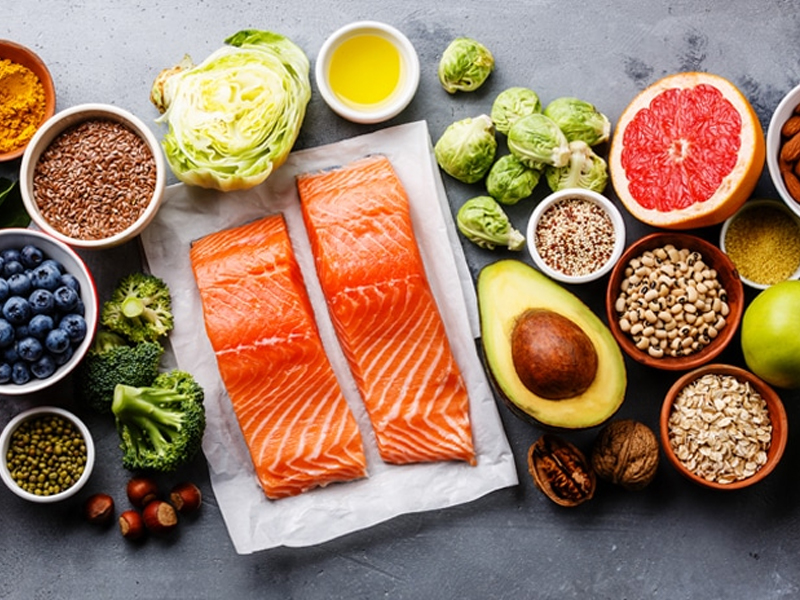The Sweet Dilemma: Can a Low-Calorie Sweetener Protect Your Gut?
As consumers ditch sugar for healthier alternatives, concerns about sweeteners disrupting gut bacteria have surged. Enter organic allulose—a rare sugar found in figs and raisins, now produced from non-GMO corn via enzymatic innovation. With organic allulose syrup and powder gaining FDA GRAS status, the burning question remains: Does allulose harm gut bacteria? Let’s dive into the science separating fact from fear.
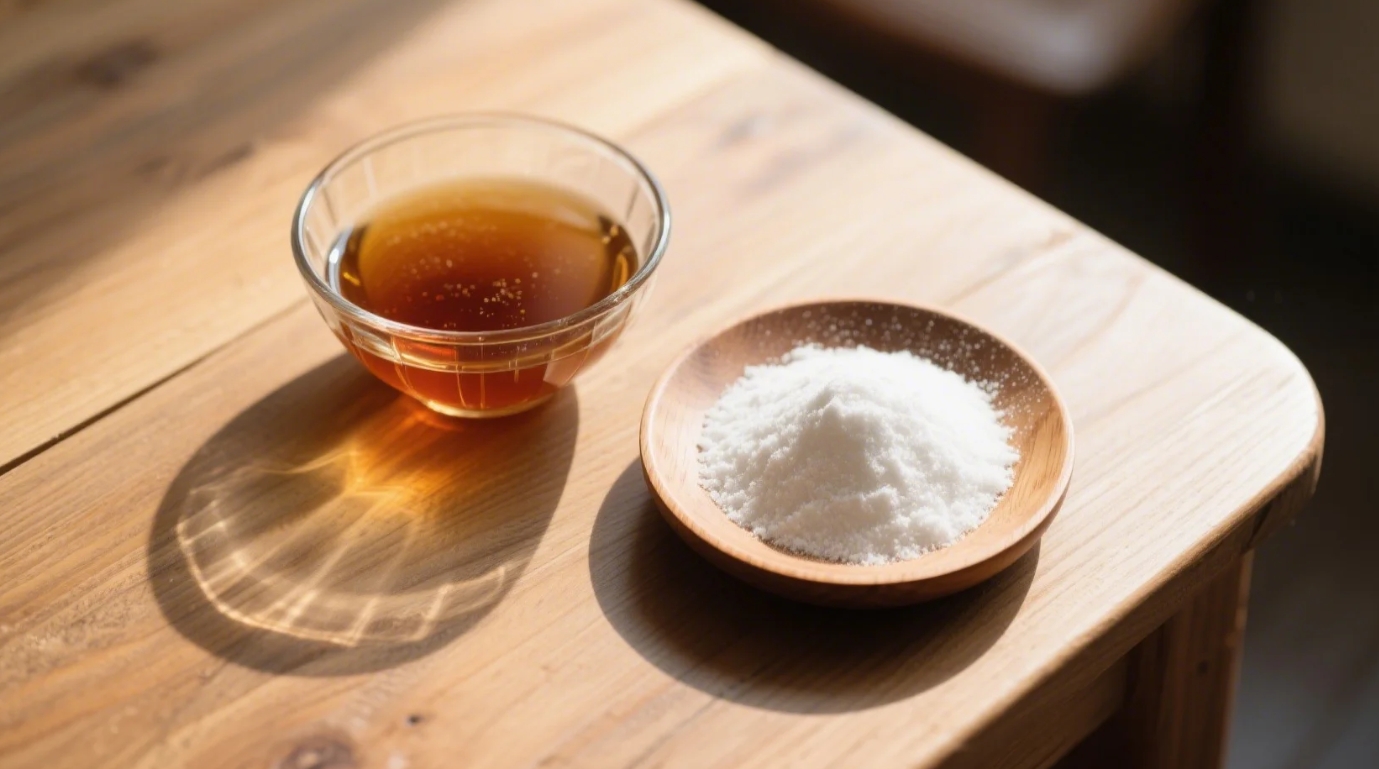
1. Allulose & Gut Health: What Research Reveals
Prebiotic Potential, Not Pathogen Promoter
Unlike artificial sweeteners like sucralose (linked to dysbiosis in rodent studies), allulose shows a neutral-to-beneficial impact:
- No Inhibition of Good Bacteria: A 2022 Nutrients study found allulose doesn’t suppress Bifidobacterium or Lactobacillus growth, unlike aspartame.
- Supports Microbial Diversity: In human trials, allulose increased fecal Akkermansia—a keystone species tied to metabolic health—by 15%.
- Anti-Inflammatory Action: Fermentation by gut microbes produces short-chain fatty acids (SCFAs), reducing intestinal inflammation.
vs. Sugar Alcohols: A Gentler Choice
While erythritol and xylitol can cause bloating at high doses, allulose is absorbed in the small intestine, minimizing fermentation in the colon. This makes it low-FODMAP and IBS-friendly.
2. Organic Allulose Syrup & Powder: Applications with Integrity
Baking & Confectionery
- Syrup: Perfect for vegan caramel sauces and granolas, offering moisture retention without feeding harmful microbes.
- Powder: Replaces sugar 1:1 in keto cookies, achieving Maillard browning at 160°C—a feat impossible with erythritol.
Functional Beverages
- Cold Brews: Allulose syrup dissolves instantly, avoiding the gritty texture of monk fruit blends.
- Fermented Drinks: Unlike aspartame, it doesn’t inhibit probiotics in kombucha or kefir.
Pharma & Supplements
- Pediatric Meds: Masks bitterness in vitamin gummies without triggering insulin spikes.
- Prebiotic Synergy: Paired with GOS (Galacto-oligosaccharides), it amplifies Bifidobacterium growth in synbiotic formulas.
3. Why Organic Certification Matters for Gut Safety
- Non-GMO Assurance: Organic allulose avoids glyphosate-treated corn, a chemical linked to gut barrier damage.
- Enzyme Purity: Brands like Bonumose use non-synthetic enzymes, preventing residual toxins found in cheaper production methods.
- Eco-Friendly Sourcing: Organic corn farming reduces water use by 30% vs. sugarcane, protecting aquatic microbiomes.
4. Debunking Myths: Allulose vs. Artificial Sweeteners
| Sweetener | Gut Impact | Organic Allulose’s Edge |
|---|---|---|
| Sucralose | Reduces Lactobacillus by 50% | Neutral to beneficial bacterial support |
| Aspartame | Increases Enterobacteriaceae (bad) | Boosts SCFA-producing microbes |
| Erythritol | May cause bloating at >30g doses | Low-FODMAP, gentle on sensitive guts |
| Monk Fruit | Limited research on microbiome effects | Enhances microbial diversity |
5. Safe Consumption: Guidelines for Gut Harmony
- Daily Limit: Up to 30g (FDA recommendation) to avoid mild laxative effects.
- Pair with Prebiotics: Combine allulose syrup with chicory fiber or GOS for microbiome synergy.
- Choose Organic: Certifications like USDA Organic ensure no hidden pesticides disrupt gut flora.
Sweetening Your Health Journey
Organic allulose syrup and powder aren’t just sugar substitutes—they’re allies for gut health. Backed by rigorous science and crafted through sustainable practices, allulose offers guilt-free sweetness that respects your microbiome. Whether stirred into morning coffee or baked into gluten-free treats, it’s time to embrace a sweetener that nourishes as it delights.
Indulge wisely. Thrive wholly.
Related Products
Organic Monk Fruit Extract Powder
Zero-Calorie Natural Sweetener for Clean-Label Food, Beverage & Supplement Applications
Organic Xylitol
Natural Sugar Alcohol for Tooth-Friendly, Low-Glycemic Formulations
Organic Allulose Sweetener
Zero-Calorie, Natural Sweetener for Clean-Label Food, Beverage & Keto Formulations
